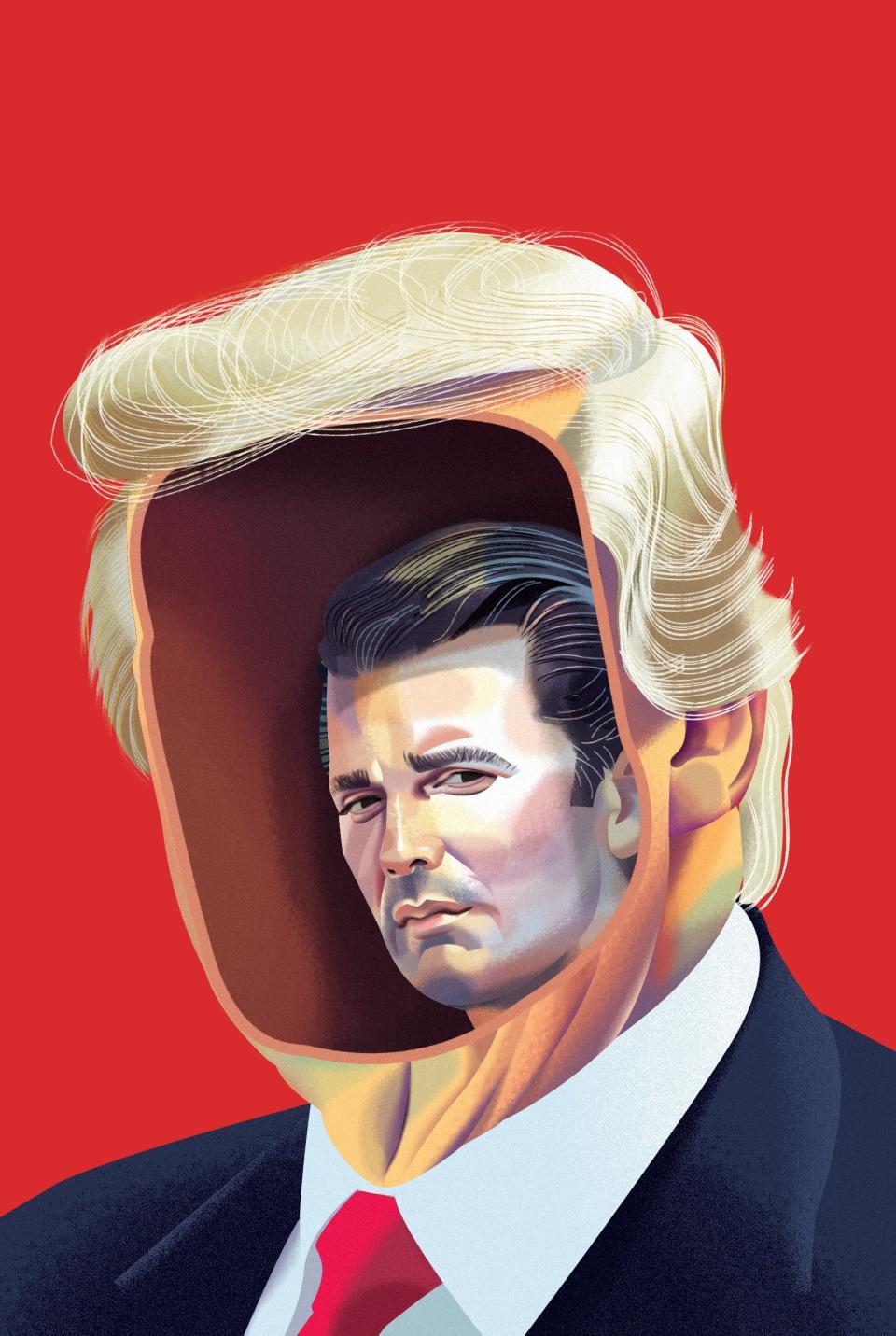This Is the Most Damning Passage in the Trump-Ukraine Call Record
In this column, Due Diligence, erstwhile attorney and GQ staff writer Jay Willis untangles the messy intersection of law, politics, and culture.
Yesterday, Donald Trump said that he'd release a record of his already-infamous call with Ukrainian president Volodymyr Zelensky in response to Nancy Pelosi's announcement that the House Democrats would launch a formal impeachment inquiry against the president. As Trump has already conceded, he asked Zelensky to look into the Ukraine business dealings of Hunter Biden, the son of former vice president and 2020 presidential candidate Joe Biden, and also the elder Biden's role in calling for the ouster of a corrupt former Ukrainian prosecutor general.
Earlier in the summer, the White House had quietly placed a hold on $250 million in already-appropriated foreign aid to Ukraine. What remains unresolved is whether Trump did so to force Ukraine to investigate the Bidens, and/or whether he threatened to withhold it further if the Ukrainian government did not investigate his political opponent upon request. Releasing a "transcript," Trump said on Monday, would prove once and for all that their call was a "very innocent" one, and not a flagrant abuse of power worthy of constitutional remedy.
The document the White House actually released on Wednesday is not the "complete, fully-declassified, and unredacted transcript" he promised. It is, according to a "CAUTION" note at the bottom, a "Memorandum of a Telephone Conversation," or TELCON, which is "not a verbatim transcript of a discussion," but instead "records the notes and recollections" of the White House staffers who were "assigned to listen and memorialize the conversation" as it took place. And even in this version, the White House still couldn't manage to omit a record of this exchange between Zelensky (first) and Trump (on the following page):

As Zelensky expresses his eagerness to buy more Javelins—an American anti-tank missile his country has previously purchased—Trump interjects. "I would like you to do us a favor, though, because our country has been through a lot, and Ukraine knows a lot about it." From there, he asks Zelensky to look into CrowdStrike, a cybersecurity firm that attributed the 2016 hacks of the Democratic National Committee to Russia and helped launch special counsel Robert Mueller's probe of the Trump White House.
Later in their exchange, he makes clear that his request for an investigation extends to the Bidens, too, and urges Zelensky to cooperate with Trump attorney general William Barr. "There's a lot of talk about Biden's son, that Biden stopped the prosecution" he says, "and a lot of people want to find out about that." He concludes: "Whatever you can do with the attorney general, would be great."

Nowhere in this passage, of course, does Trump explicitly condition Ukraine's receiving Javelins (or any military aid) on complying with his requests. But in the movies, when the crime boss tells someone to do something and then adds, "It's very important that you do it," he doesn't need to add the "or else" part. Everyone knows a threat when they see it.
On March 15, when a white supremacist livestreamed his mass shootings of a mosque in Christchurch, New Zealand, a country with one of the world's lowest gun homicide rates was stunned to silence. But only momentarily. The deaths of 51 New Zealanders, mostly Muslim immigrants, would not be met with a tepid countermeasure but a swift, clear response. Sean Flynn reports from Christchurch about the day of the massacre—and the days that followed.
Best of GQ
All he ever wanted was to make his dad proud, but things have never turned out quite right for Donald Trump Jr. Even now, despite finding his purpose as a bombastic star of the far right, Junior’s personal life is in shambles and the specter of Robert Mueller looms large. As Julia Ioffe discovers in talking to old friends and Trump World insiders, it’s never been trickier to be the president’s son.
Originally Appeared on GQ



